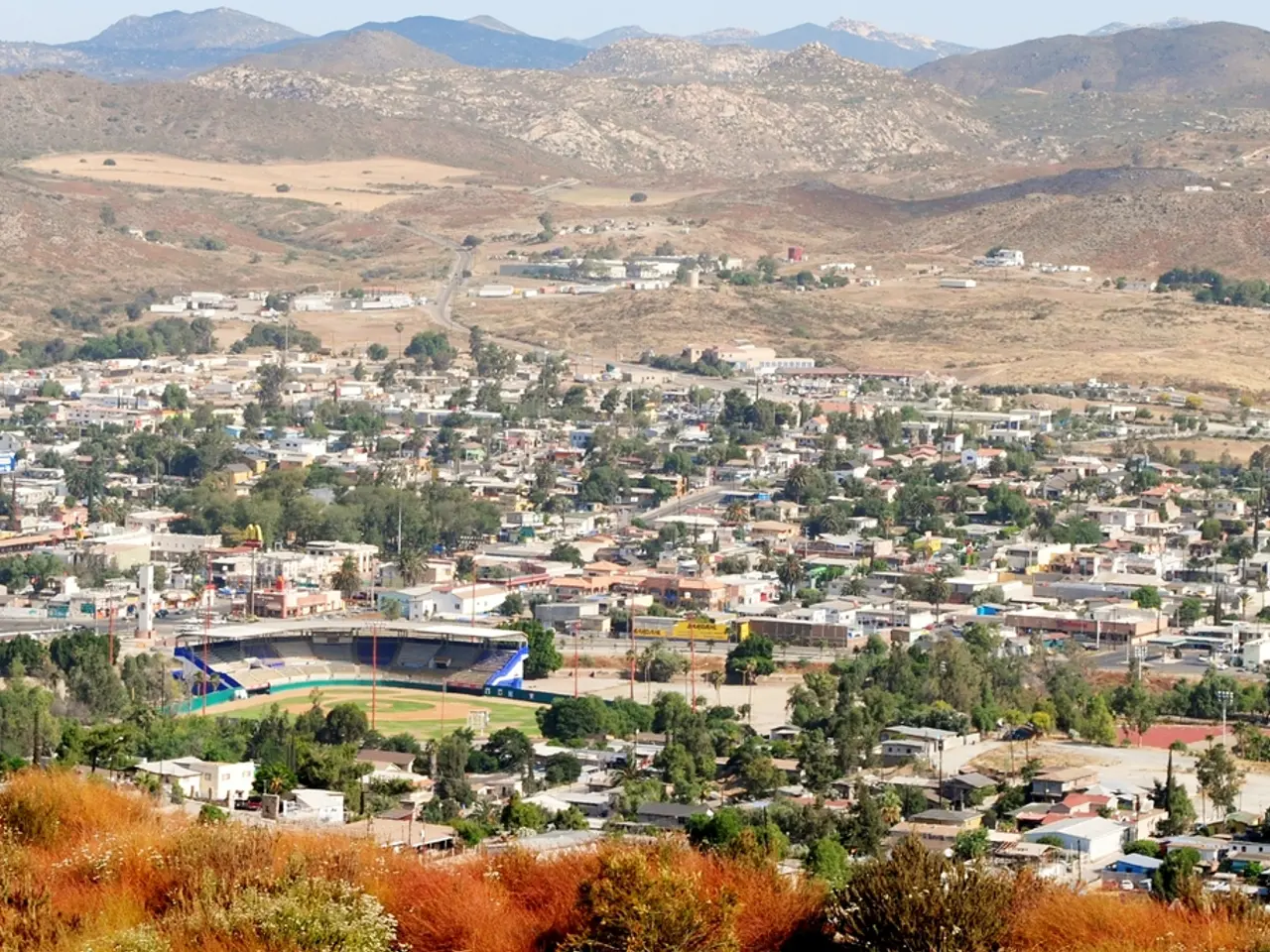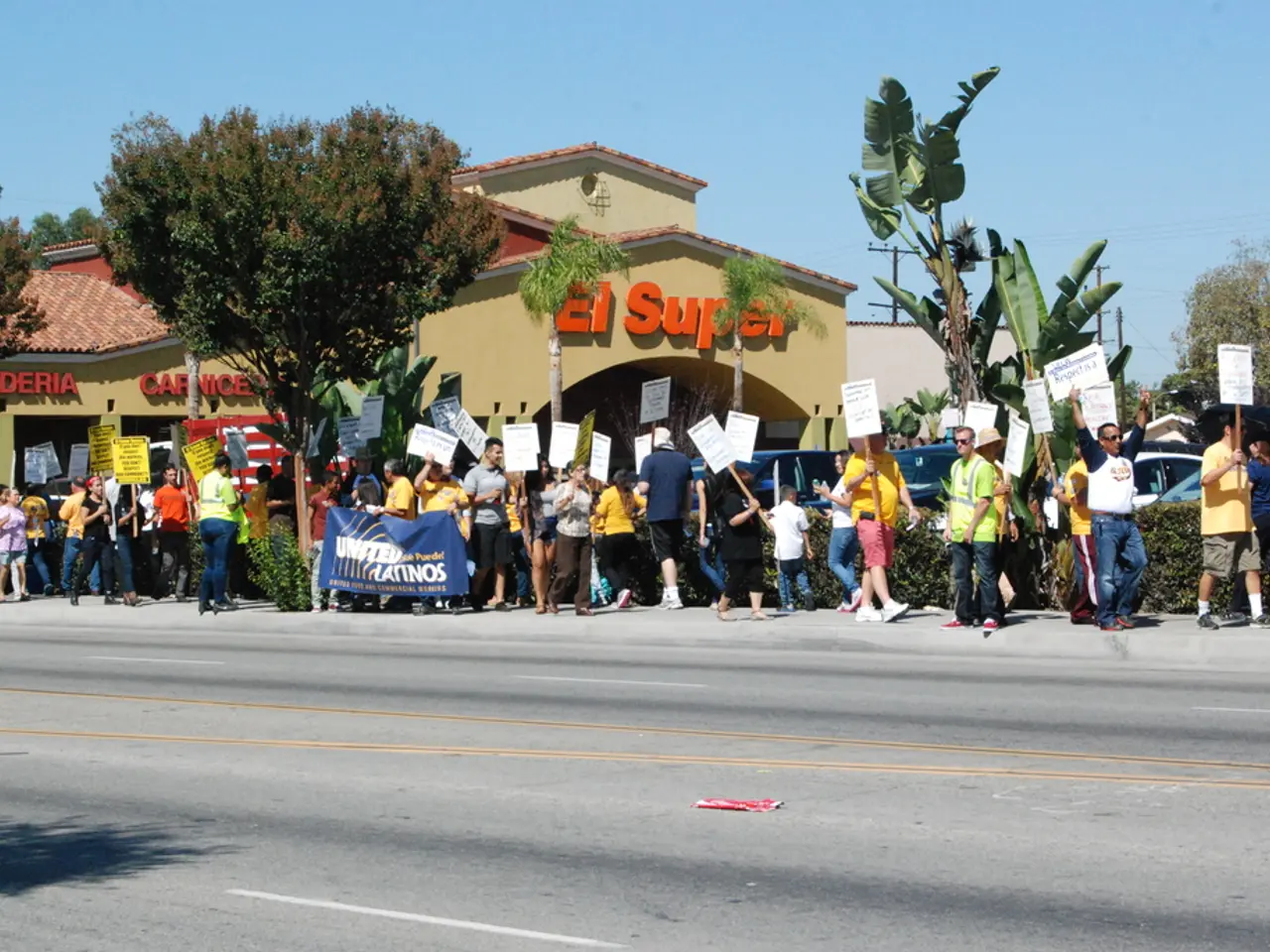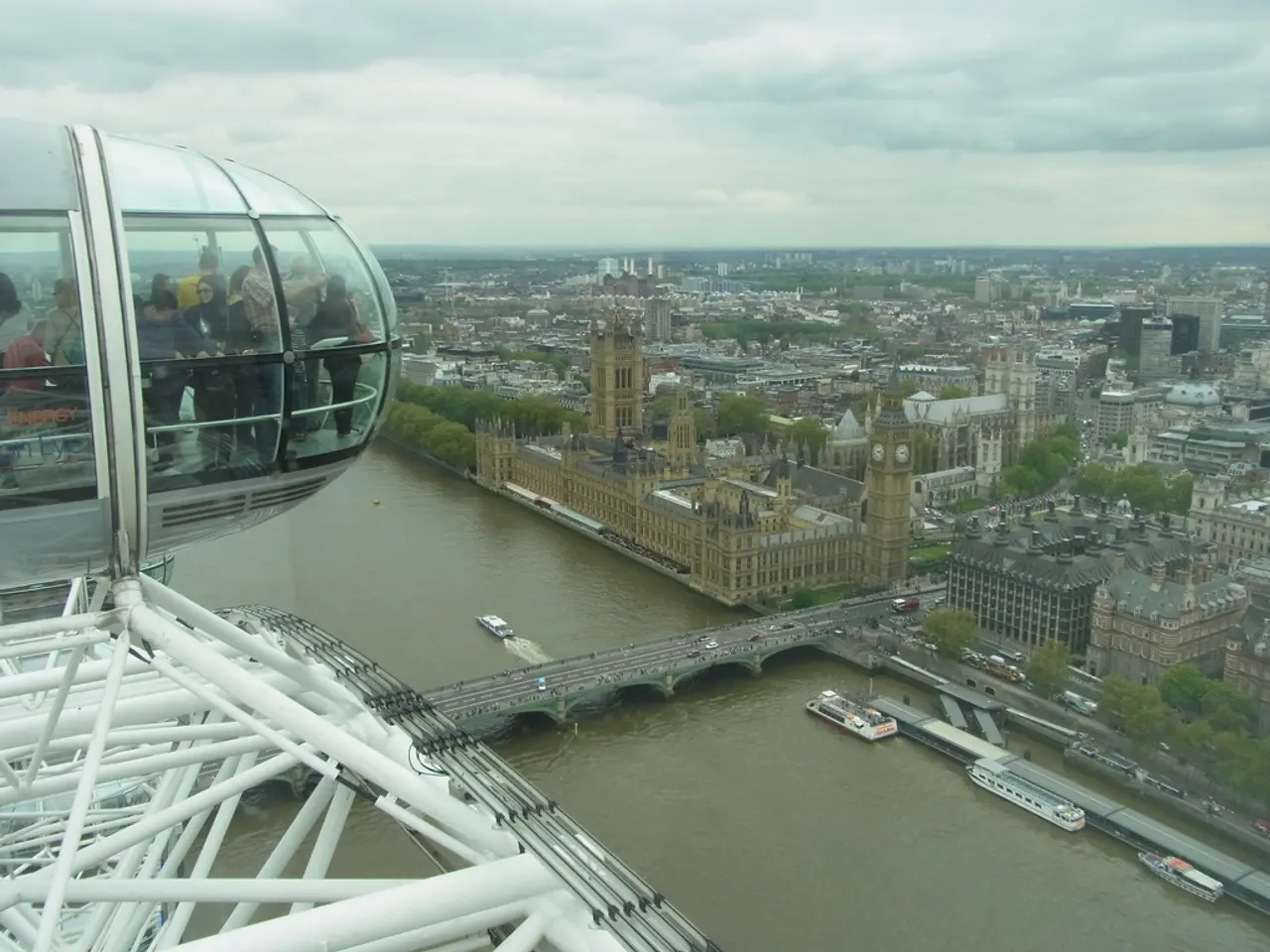In a minuscule European nation, a loyalist of Putin faces dwindling options
In a potentially escalating political crisis, Milorad Dodik, the former President of Republika Srpska, has refused to leave office despite being legally removed from power. Dodik's defiance could destabilize the political order in Republika Srpska and Bosnia as a whole, heighten ethnic and political tensions, provoke intervention or sanctions from international actors, prolong legal and constitutional disputes, and potentially trigger unrest or violence.
Dodik was formally removed from office following a one-year jail term and a six-year ban on public office due to his defiance of decisions by the international High Representative and Bosnia’s federal constitutional court. Bosnia’s Central Electoral Committee (CIK) is obligated by electoral law to remove him and call snap elections within 90 days to fill the vacant presidency.
However, Dodik has vowed not to surrender and plans to stay in office, calling the judicial decisions politically motivated. His refusal to step down risks destabilizing the political order, heightening ethnic and political tensions, and potentially triggering unrest or violence due to the highly charged and ethnically sensitive political environment in Bosnia and Herzegovina.
Moreover, Dodik's defiance could provoke intervention or sanctions from international actors, as Bosnia’s peace and security remain guarded by international frameworks including NATO and the Office of the High Representative. The situation remains uncertain as legal and political processes continue, and international actors maintain a commitment to Bosnia’s security and territorial integrity.
Dodik has looked to his allies in Belgrade, Moscow, and Budapest for support in his potential fight against the implementation of the court's ruling. His allies, including Serbia's foreign minister Marko Djuric, have accused the High Representative of subjecting him to a political witch hunt and using undemocratic methods to thwart the will of the people.
Dodik has a history of denying the genocide of 8,000 Bosniaks at Srebrenica in 1995, the war's most notorious massacre. He has attempted to paint himself as a victimized Christian leader in a Muslim-majority country.
Paddy Ashdown, a former British MP who previously served as High Representative, has criticized the powers granted to the role, stating that they give the High Representative powers that ought to make any liberal blush. Adnan Ćerimagić, a senior analyst at the European Stability Initiative, believes focusing complaints against the High Representative is a smart strategy for Dodik.
'No other person in Europe today, at least in the democratic part, has that power: simply to wake up, access his website, and post new laws, decisions and dismiss people,' said Ćerimagić.
As the situation unfolds, it is crucial to uphold the rule of law and maintain peace in Bosnia and Herzegovina. The Dayton Peace Accords, which halted the Bosnian War, left the country split along ethnic lines, with two entities: the Federation and the Serb-dominated Republika Srpska. Above them sits a mostly toothless central government and a foreign "High Representative," who is bestowed with far-reaching powers to implement the deal and keep the peace.
Nebojša Vukanović, founder of an opposition party in Republika Srpska, believes only Dodik's total removal from office could end the constant crisis in Bosnian politics and free the institutions to prosecute those responsible for crime and corruption. Jasmin Mujanović, a senior fellow at New Lines Institute, has stated that Bosnian and European authorities will face a "major test" if Dodik attempts to stay in post.
The refusal of Milorad Dodik to step down as President of Republika Srpska could exacerbate the fragile post-conflict peace established by the Dayton Agreement, leading to political instability and risking renewed conflict dynamics in the region.
The refusal of Milorad Dodik to step down as President of Republika Srpska could potentially trigger unrest or violence due to the highly charged and ethnically sensitive political environment in Bosnia and Herzegovina. This defiance could also provoke intervention or sanctions from international actors, given Bosnia’s peace and security are guarded by international frameworks including NATO and the Office of the High Representative.




